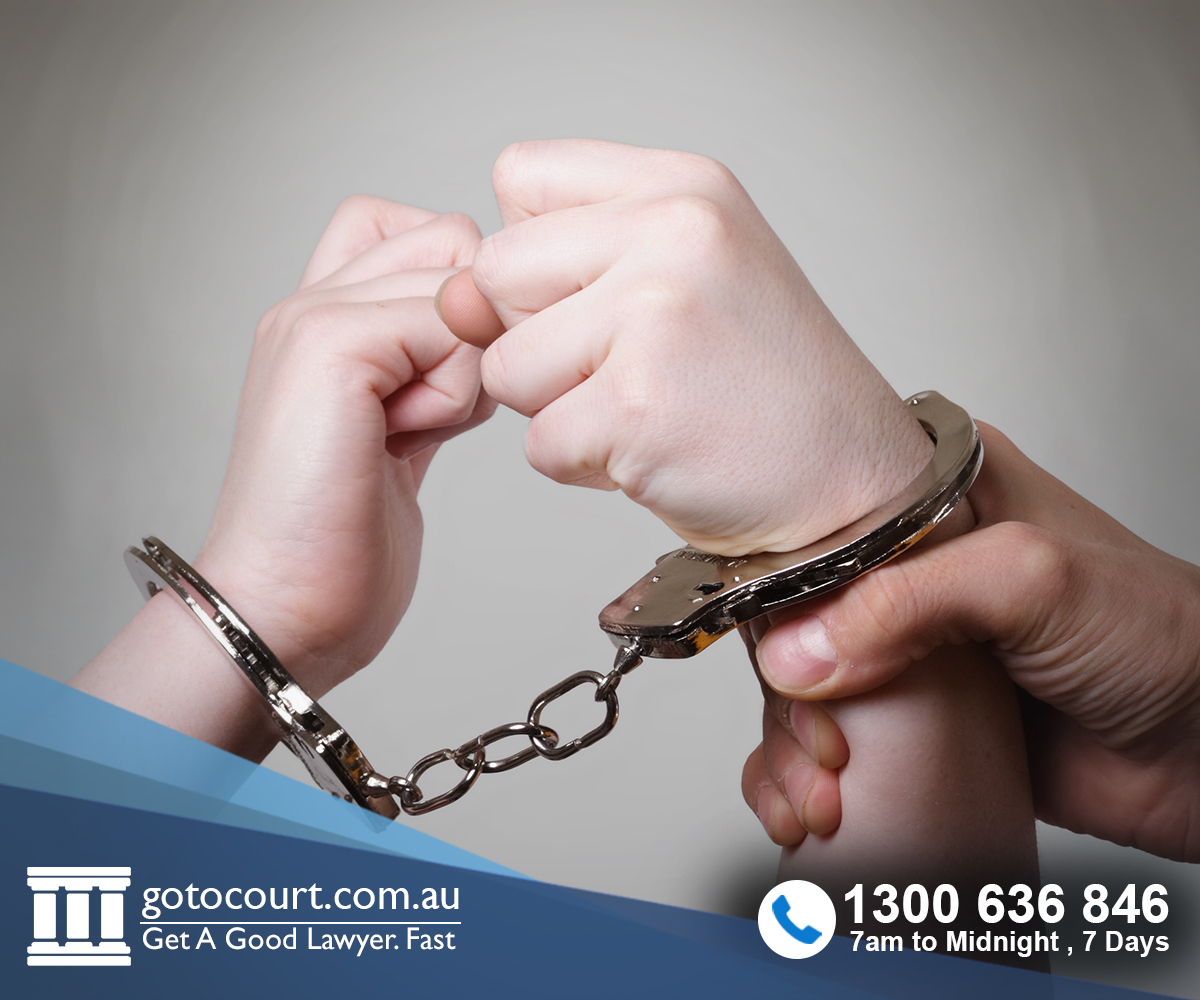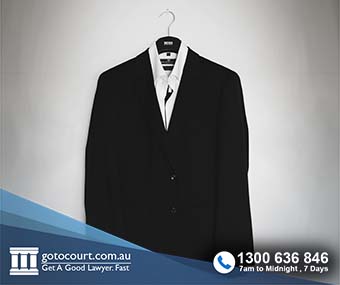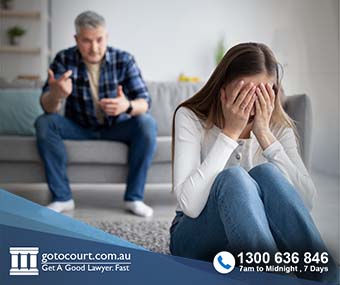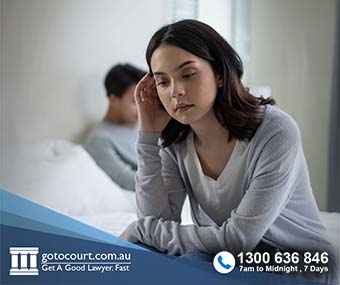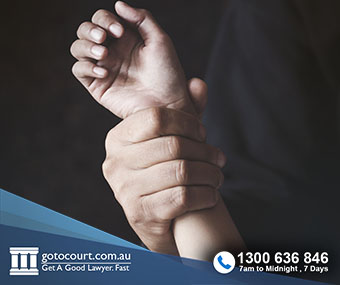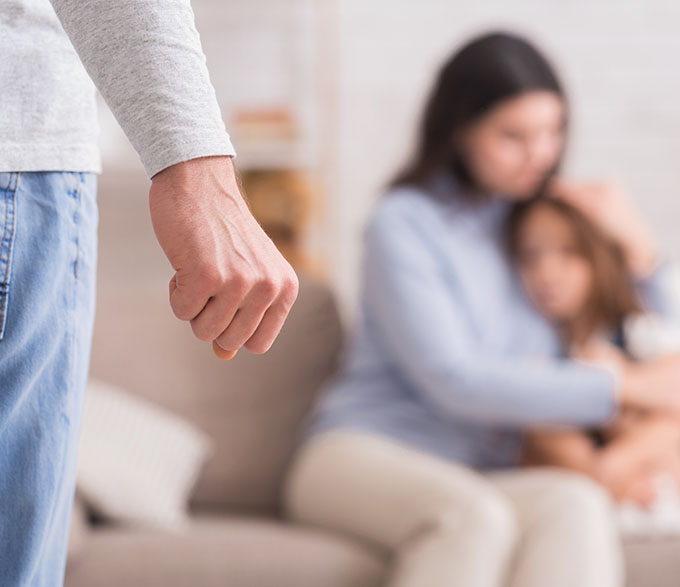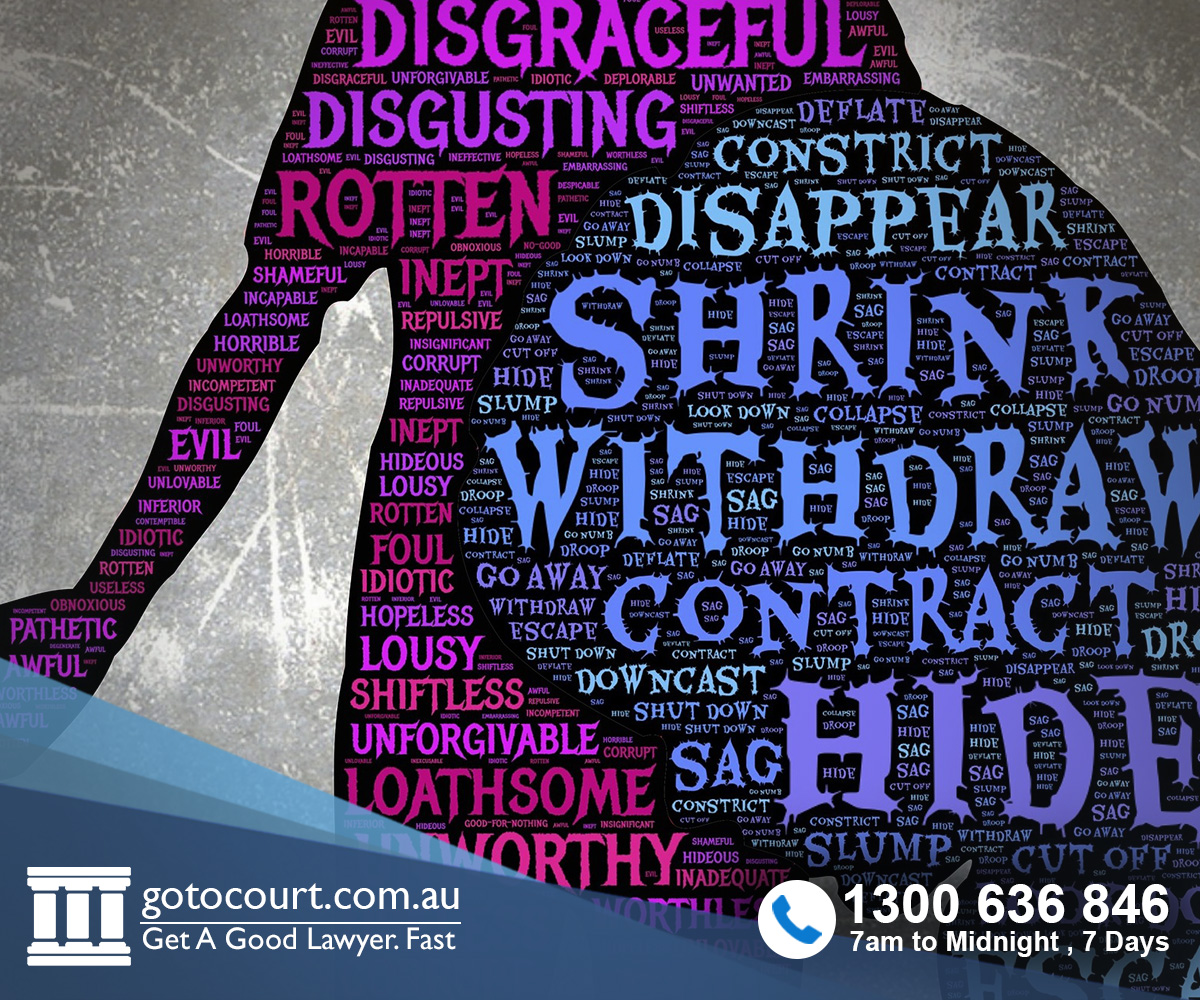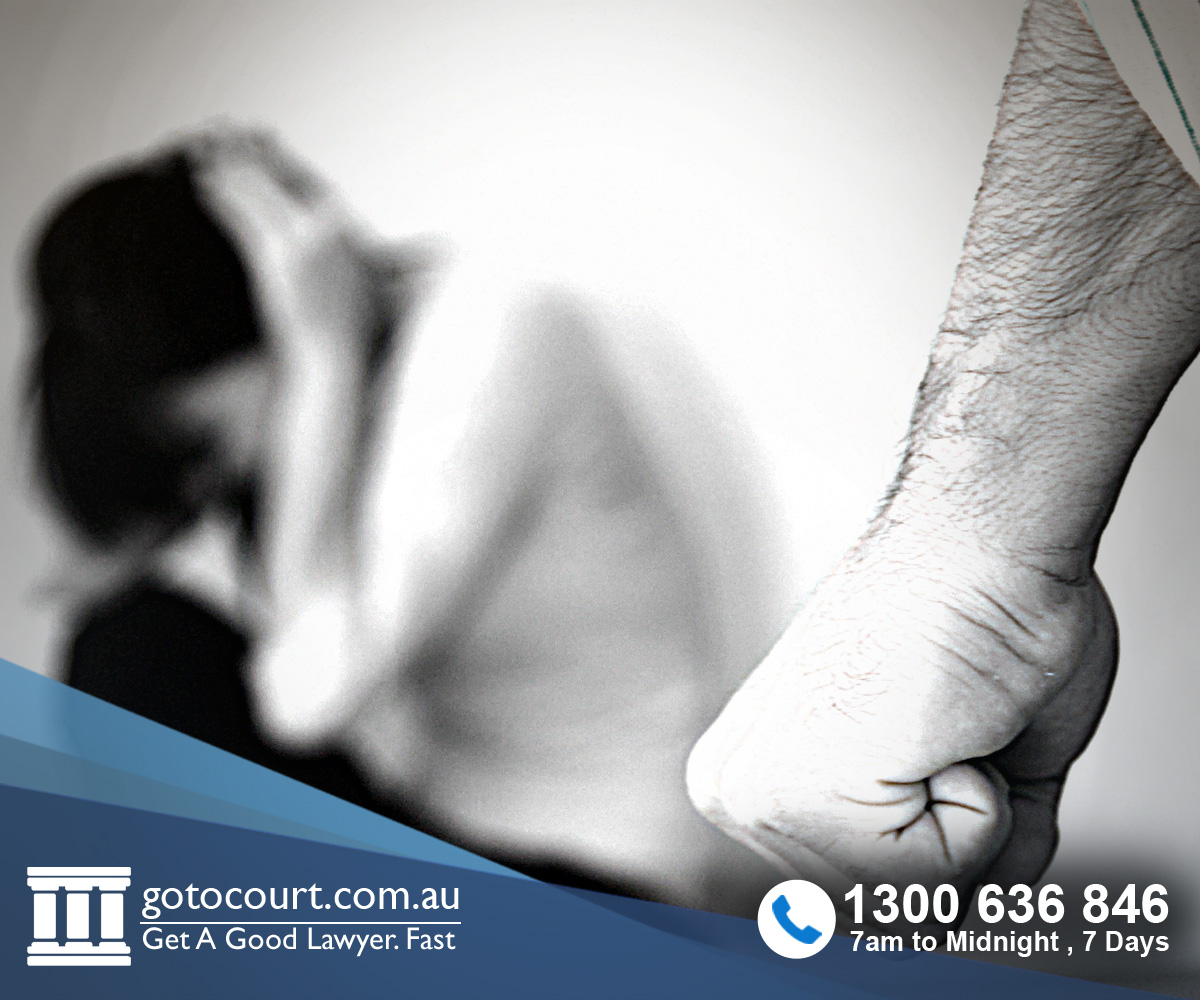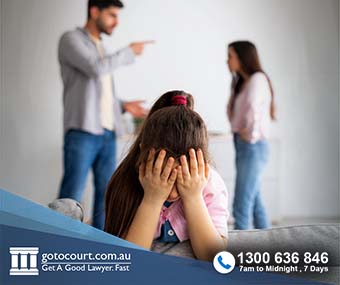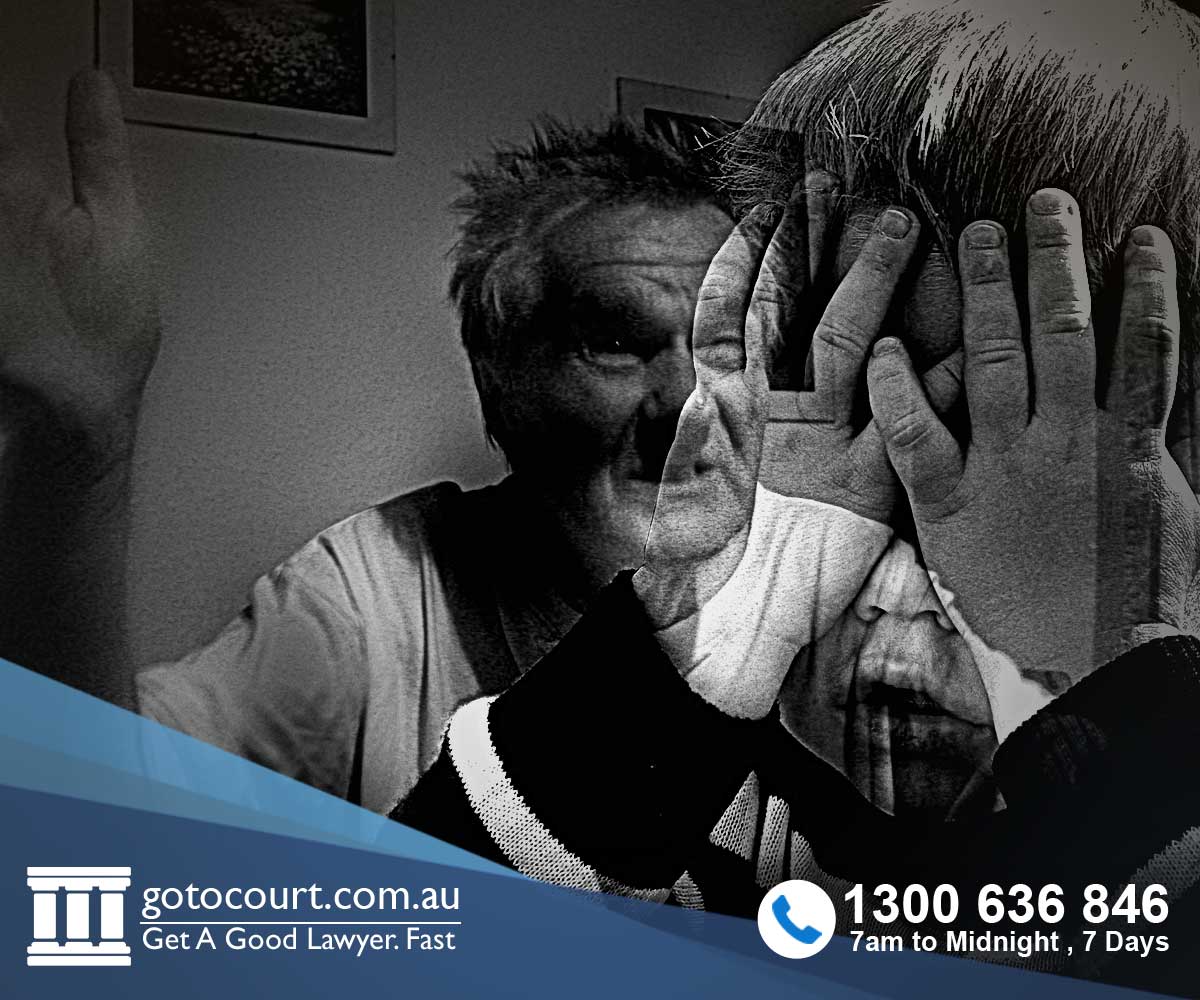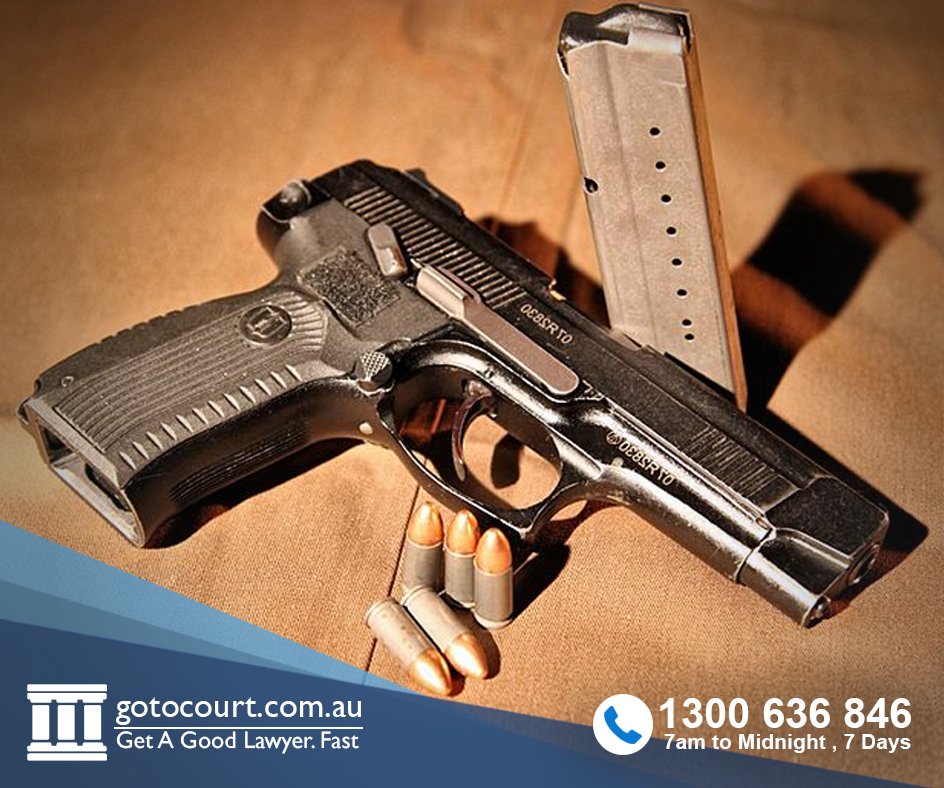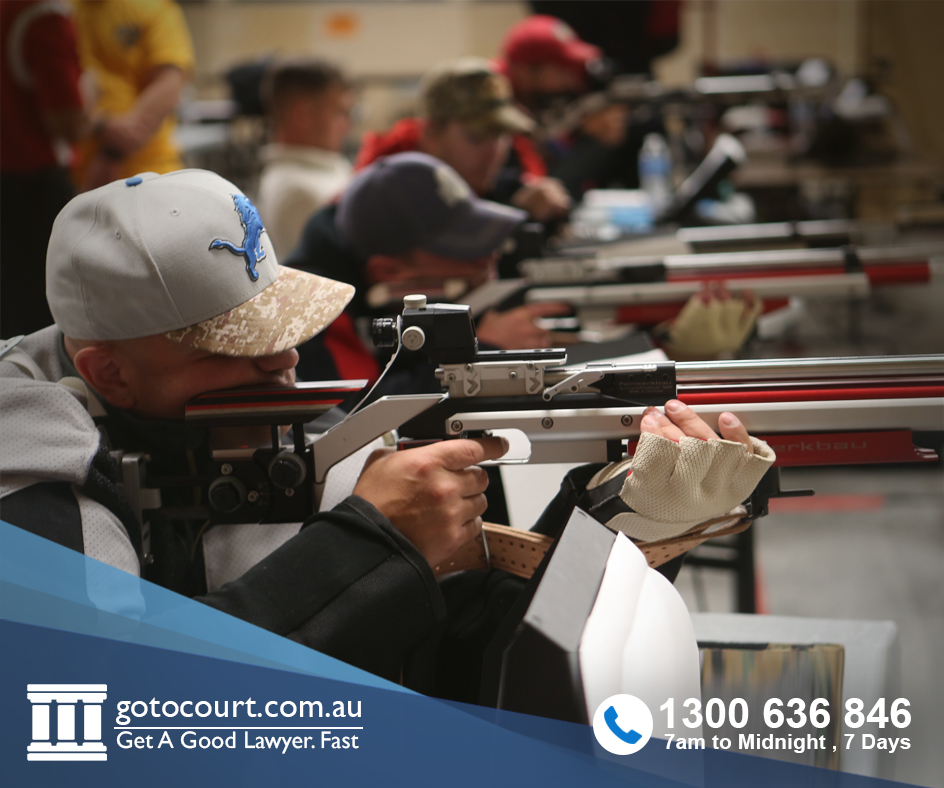Family Violence Orders in the Australian Capital Territory
Family Violence Orders in the Australian Capital Territory
In the ACT, the Family Violence Act 2016 provides for the making of family violence orders, which are designed to protect an person (the protected person) and their property from violence at the hands of another person (the respondent). This page deals with family violence orders in the ACT.
Types of Protection Orders
Family violence orders are available for people who suffer from, or are exposed to, domestic violence. If a family violence order is required urgently, a police officer may apply for an emergency order to a judicial officer such as a magistrate. Otherwise, protections order will usually be made by the Magistrates Court. Orders can be made on an interim or on a final basis.
When will a family violence order be made?
Family violence orders are granted in situations of violence between family members. This may include physical violence (whether or not it results in personal injury), damage to property, harassing or offensive conduct and threats to commit domestic violence against a person who is in a domestic relationship with the respondent.
Section 9 of the Family Violence Act 2016 defines a family member as including:
- A domestic partner or former domestic partner;
- An intimate partner or former intimate partner;
- A relative;
- A child of a domestic partner or former domestic partner;
- A parent of a person’s child.
Applying for an order
If you are a victim of domestic violence in the ACT, you can apply directly to the Magistrates Court for a protection order. Alternatively, a police officer can apply on your behalf. If you are child, then an adult or a litigation guardian may apply for a protection order on your behalf.
A child can also apply in their own right for a protection order. A protection order can also be sought against a child under 18 but it cannot be sought against child under 10.
How is a family violence order made?
After an application is made to the Magistrates Court for a protection order, the court will set a date for the application to be heard. An interim order may also be made. Interim protection orders are made for the period from the application to the time the final protection order is made and operate in a similar way to a final order.
If the respondent has been served with the application for a family violence order but does not attend court on the day it is to be heard, it is likely the order will be made the order in their absence.
If the respondent attends court and indicates that they oppose the making of the order the court will list the matter for a contested hearing. On that day, evidence will be heard from both parties and the court will make a decision as to whether the order is warranted.
If the respondent attends court and does not object to the order being made, it may be made by consent and without admissions.
When will court make an order?
Under section 34 of the Family Violence Act 2016, the court may make a final order if satisfied that:
- The person has reasonable grounds to fear family violence from the respondent; or
- The respondent has used family violence against the person.
Conditions of a family violence order
A family violence order may include whatever conditions the court considers necessary for the safety and protection of the protected person; however, the conditions must be the least restrictive ones that achieve this.
Under section 38 of the Family Violence Order 2016 lists the conditions that may be imposed on an order, which include:
- Prohibiting the respondent from being on premises where the protected person lives;
- Prohibiting the respondent from contacting the protected person;
- Prohibiting the respondent from being on premises where the protected person is likely to be;
- Requiring the protected person to return the respondent’s personal property.
Under section 35 of the Family Violence Act 2016, an order usually remains in force for two years. If the court makes an order for a shorter period, it must state the period on the order. If there are special or exceptional circumstances, the court may make an order for a longer period, and this must be stated on the order.
Breach of a family violence order
If you are the protected person under a family violence order and the protection order is breached by the respondent, you should contact the police immediately.
Under section 43 of the Family Violence Act 2016, the offence of breaching a family violence order attracts a maximum penalty of a fine of 500 penalty units or imprisonment for five years.
For a person to be found guilty of this offence, they must have either been present when the order was made or personally served with a copy of the order.
If you require legal advice or representation in any legal matter, please contact Go To Court Lawyers.

Affordable Lawyers
Our Go To Court Lawyers will assist you in all areas of law. We specialise in providing legal advice urgently – at the time when you need it most. If you need a lawyer right now, today, we can help you – no matter where you are in Australia.How It Works




1. You speak directly to a lawyer
When you call the Go To Court Legal Hotline, you will be connected directly to a lawyer, every time.

2. Get your legal situation assessed
We determine the best way forward in your legal matter, free of charge. If you want to go ahead and book a face-to-face appointment, we will connect you with a specialist in your local area.

3. We arrange everything as needed
If you want to go ahead and book a fact-to-face appointment, we will connect you with a specialist in your local area no matter where you are and even at very short notice.



